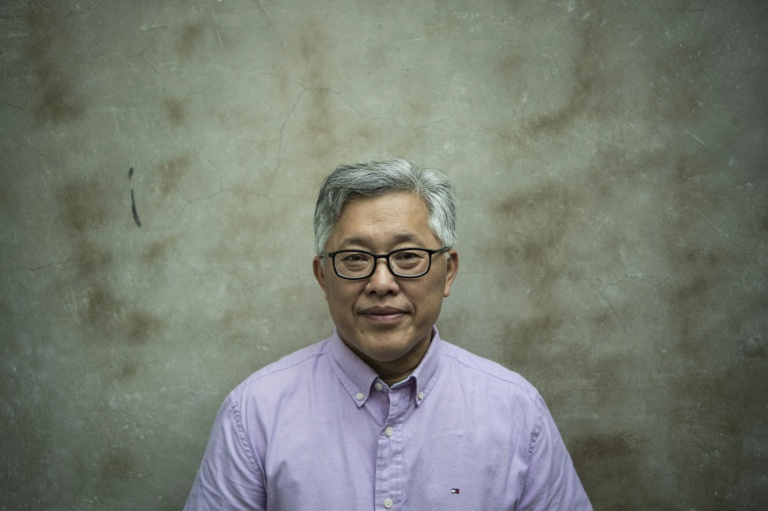A prominent underground pastor, Jin Mingri, has been detained along with over 20 members of his church, the unregistered Zion Church, in a sweeping crackdown by Chinese authorities. The arrests occurred on Friday at Jin’s home in the southern region of Guangxi, where police also apprehended several pastors from cities including Beijing. According to a detention notice verified by AFP, Jin is being held on suspicion of “illegal use of information networks.”
The crackdown is part of an increasing pattern of repression against house churches in China. At least seven pastors, including Jin, who is also known as Ezra, may face criminal charges related to “illegal dissemination of religious information via the internet,” as reported by church officials. Following the arrests, police conducted searches of homes, confiscating computers and cell phones.
Jin’s daughter, Grace Jin, described the situation as a “blatant attack on religious freedom.” She reported that authorities have apprehended church leaders and members across multiple provinces, including Shanghai, Zhejiang, Shandong, Sichuan, and Henan. According to a list compiled by church members, four individuals have since been released after interrogation.
Restrictions on legal representation have also emerged. Grace Jin indicated that police have prevented lawyers from meeting with detained church members in Beihai, Guangxi. The current status of lawyers’ access to the detainees remains unclear.
Sean Long, a pastor associated with Zion Church in the United States, expressed his concerns for those detained. “We are not criminals; we are just Christians,” he stated. Long emphasized the need to prepare for the worst while hoping for the best.
Founded in 2007 in Beijing, the Zion Church grew to approximately 1,500 members before being shut down by authorities in 2018. Following the closure, the church transitioned online, conducting services via Zoom while maintaining small gatherings in around 40 cities. This adaptation reportedly angered Chinese officials, leading Long to suspect that the recent detentions were orchestrated at a high level within the government.
The crackdown on Zion Church follows a broader trend of arrests targeting house churches in China. In May, pastor Gao Quanfu of the Light of Zion Church faced criminal charges for “using superstitious activities to undermine the implementation of justice.” Additionally, in June, multiple members of the Golden Lampstand Church were imprisoned for fraud, with its pastor, Yang Rongli, receiving a 15-year sentence.
China’s constitution guarantees citizens the freedom of religious practice, yet such activities are heavily monitored and regulated. Christians in the country often find themselves divided between state-sanctioned churches, which incorporate Communist Party texts, and unofficial house churches like Zion. In 2022, the Chinese government prohibited all online religious services without official licenses, and new regulations announced last month restrict religious activities on social media platforms.
The United States has condemned the recent detentions, calling for the immediate release of church members. Marco Rubio, the U.S. Secretary of State, issued a statement highlighting the Chinese Communist Party’s hostility towards Christians who reject governmental interference in their faith.
In response to inquiries about the detentions, Chinese foreign ministry spokesman Lin Jian claimed ignorance of the situation and criticized the U.S. for interfering in China’s internal affairs under the guise of religious issues.
Grace Jin and her mother, who reside in the United States, have been unable to contact her father since his detention. She expressed both worry and a sense of inevitability regarding the situation. “Being a Christian in China, you just know that something like this could happen,” she remarked, reflecting on a reality many believers face in the country.






































































